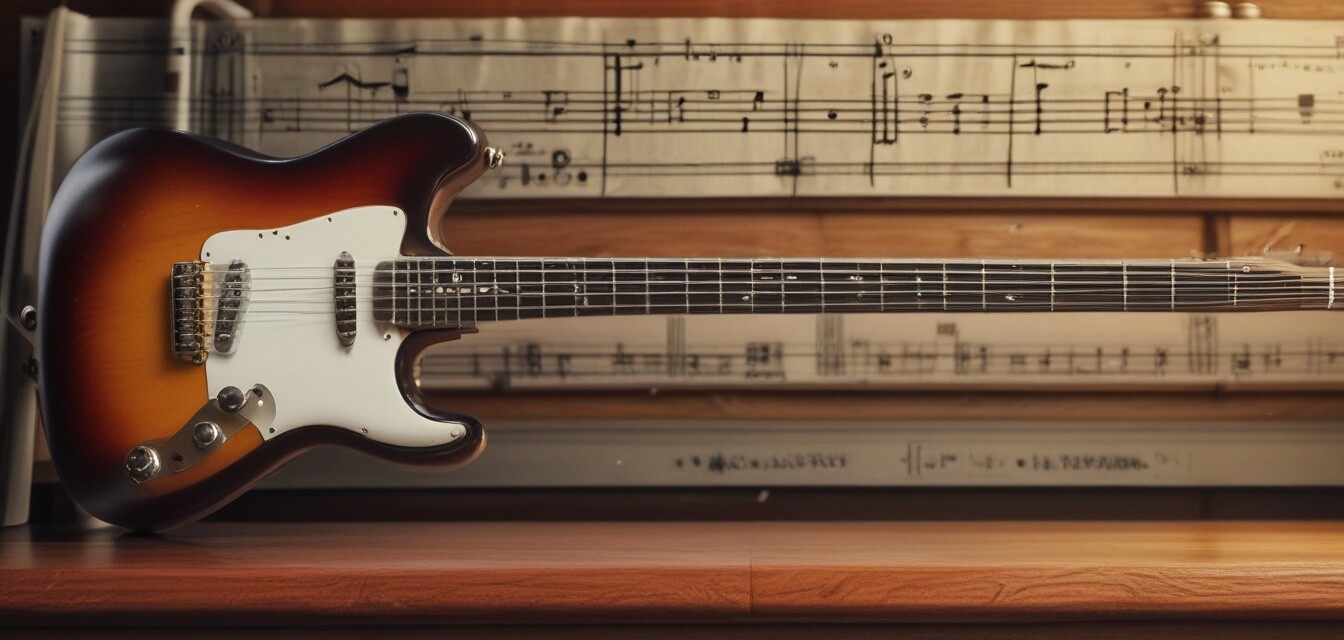
Effective Exercises for Practicing on Your Fender
Key Takeaways
- Utilize scales to improve finger dexterity and muscle memory.
- Incorporate finger exercises to enhance agility.
- Focus on speed techniques to develop a sharp playstyle.
- Regular practice routines can significantly boost overall performance.
- Using a metronome helps maintain timing and precision.
If you're looking to enhance your skills on your Fender guitar, practicing the right exercises is crucial. From scales to finger dexterity drills, this guide provides effective methods to improve your playing ability. Incorporating these exercises into your routine will not only boost your speed but also enhance your overall musical skill set.
The importance of practicing regularly
Regular practice is fundamental for every guitarist. Consistency helps develop a strong foundation, improve technique, and build confidence. By setting aside time every day to practice, you are more likely to see significant improvements over time. Whether you are a beginner or an experienced player, tailoring your practice routine can lead to substantial benefits.
1. Scale Exercises
Scales are essential for understanding music theory and improving finger placements. Here's a simple breakdown of some common scales you should practice:
| Scale Type | Notes | Fingering Pattern |
|---|---|---|
| Major Scale | C D E F G A B | 1-2-3-4-1-2-3-4 |
| Minor Scale | A B C D E F G | 1-2-3-4-1-2-3-4 |
| Pentatonic Scale | C D E G A | 1-3-1-3-1 |
Commit to practicing each scale in different keys to truly grasp their structure. You can also incorporate them into your improvisation to create more interesting solos.
2. Finger Dexterity Exercises
Improving finger dexterity is vital for playing more complex pieces. The following exercises can assist in developing agility:
- Chromatic Scale Exercise: Play each fret on each string, using all four fingers. This enhances control and flexibility.
- Spider Exercise: Place your fingers as if they are climbing a wall, skipping strings. Try playing this up and down the fretboard.
- Three-note-per-string: Choose a scale and play three notes per string in succession to build muscle memory.
Enhancing Speed
To develop speed, it is essential to practice with a metronome. Start slowly and gradually increase the speed as you become more comfortable. The following techniques can help:
- Alternate Picking: Practice alternate picking on scales and exercises to build speed.
- Legato Techniques: Use hammer-ons and pull-offs to play phrases smoothly without picking every note.
- Speed Bursts: Play difficult passages in short bursts at higher speeds, gradually easing into full tempo.
Practice Routine Suggestions
Creating a structured practice routine is crucial for maximizing your improvement. Here’s a recommended routine:
| Time (minutes) | Focus Area | Activities |
|---|---|---|
| 10 | Warm-Up | Finger exercises and basic scales |
| 15 | Technique | Dexterity and speed exercises |
| 20 | Repertoire | Work on songs or solos you enjoy |
| 15 | Improvisation | Jam over backing tracks using scales |
Conclusion
Practicing effectively on your Fender guitar is about consistency and dedication. By incorporating scale exercises, finger dexterity drills, and speed techniques into your daily routine, you're setting yourself up for success. Remember, every session counts, and the more you practice, the better you will get.
Tips for Beginners
- Start with shorter practice sessions, gradually increasing the length as you build stamina.
- Use online resources to find backing tracks to practice improvisation with.
- Incorporate breaks to keep your mind fresh and avoid fatigue.
Pros
- Improved finger strength and flexibility.
- Better understanding of music theory.
- Increased speed and accuracy when playing pieces.
Cons
- Requires patience and consistent practice.
- May lead to frustration if progress feels slow.
For more tips on playing guitars and maintaining your instrument, visit our Expert Tips section.